Volatile situation in Iraq legacy of chaotic Trump policies
The volatile situation in Iraq, largely a legacy from Trump's tenure which was marked by chaotic policies and dangerous decisions in the region, has become a major headache for the administration of US President Joe Biden.
Biden came into office amid rising anti American sentiments in Iraq and growing calls on Washington to pull out all American forces from Iraq.
Biden's team is now faced with growing attacks on American and US led foreign forces in Iraq.
Does the problem have a military solution?
Despite Biden's promises of change, the White House must still be thinking that it does because last week Biden ordered airstrikes on anti dash resistance groups on the Iraqi Syrian border, which his team described as retaliation for earlier rocket attacks against American and US led forces.
The US airstrikes drew condemnation from resistance fighters and pledges of retaliation.
On Wednesday, a barrage of rockets was fired at the Ayn al Asad airbase, which houses American troops in Iraq's Western Anbar Province. T
he advanced air defense systems at the Ayn al Asad airbase failed to intercept the incoming rockets.
Some observers believe the aerial bombardment ordered by Biden has backfired and has made US forces in the region less safe.
It backfired because it was despicable, and this was seen throughout the region. Everyone sees that America is just dumping its garbage on other people's heads. So it's very, very bad for the whole region, in America's terms, because it increases anti American sentiment everywhere.
Eric Walberg, Author and Journalist, Toronto
Anti US sentiments in Iraq is nothing new. Anti Americanism in Iraq was fueled by the devastating US invasion of the country in 2003. Iraqis were infuriated by the attacks on civilian areas by US forces and their horrific crimes in the years that followed the invasion.
The latest wave of hatred of America, however, began in early 2020 when the US military assassinated Iranian and Iraqi anti terror icons near Baghdad International airport.
Qasem Soleimani and Abu Mahdi al-Muhandis played a key role in the fight against the Daesh terrorist group in Iraq and elsewhere in the region. The Assassination triggered the Iraqi parliament to vote, days later, to expel all US forces.
Iraqi parliamentarians almost unanimously voted to expel all US troops. Period. And of course, nothing has been done on that. So if a year ago, the sentiment was like that, then it's only increasing; America is the enemy, America doesn't seem to get it through its head, how it's perceived in Iraq and Afghanistan, where, wherever[sic] in the world.
Eric Walberg, Author and Journalist, Toronto
But America is still refusing to heed that call.
It has instead deployed more military hardware and missile systems to Iraq, in a bid to protect American forces. However, such advanced systems have failed to make US bases safe with rockets still landing on them.
The US usually says such attacks are carried out by what it calls "Iranian proxy groups" but Iran insists that it has no proxies, but it certainly has friends in Iraq. Many Iraqi leaders, political parties and military groups in Iraq are friendly to Iran; their ties grew stronger when Iran helped Iraq defeat the Daesh terrorist group.
Last year, Trump withdrew several hundred US troops from Iraq, but a much larger number still remain there despite his pledge to end American military presence in the region.
How will Biden deal with the situation now?
Observers believe ordering the recent aerial bombardment on the Iraqi Syrian border was definitely a bad start. If Biden stays on the same dangerous course, he risks further destabilizing Iraq and broader clashes with resistance groups.
Azerbaijan president meets top Israeli lobby group leadership during visit to US
Israeli settlers kill 19-year-old Palestinian man in West Bank raid
Israel installed, managed security system at Barak-Epstein New York flat: Report
Iran deplores Israel’s new land grab scheme in West Bank
VIDEO | Vienna holds conference dubbed 'Iranian-Islamic Civilization, Identity and Historical Splendor'
VIDEO | Press TV's news headlines
Journalist Tucker Carlson says he was detained in occupied territories after interview with US amb.
VIDEO | Is there any hope for Russia-Germany relations?





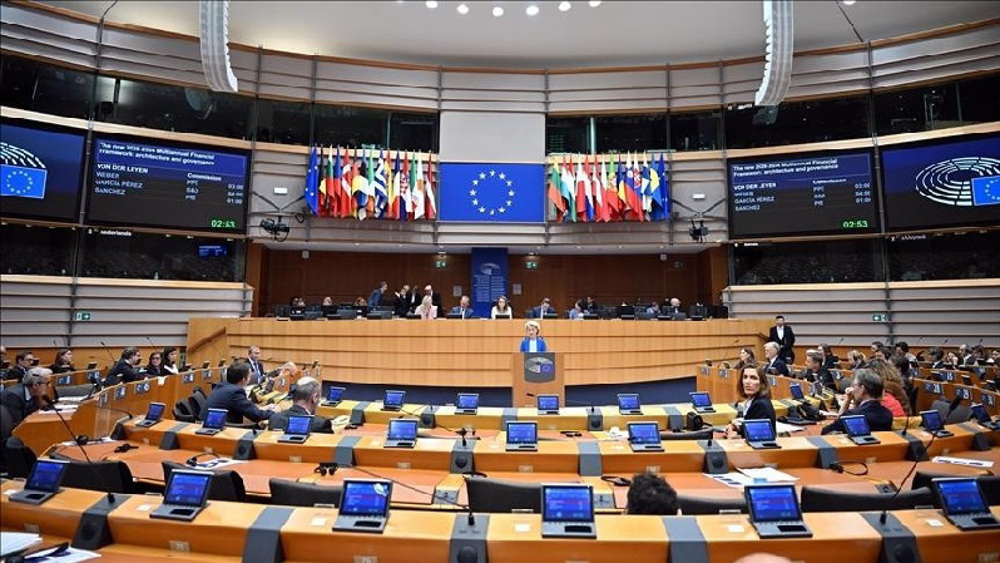



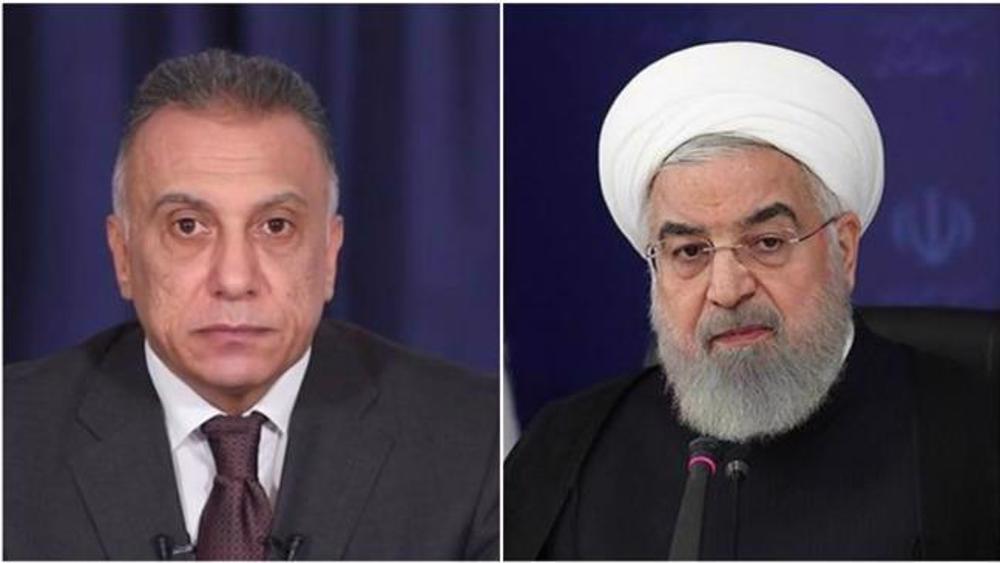
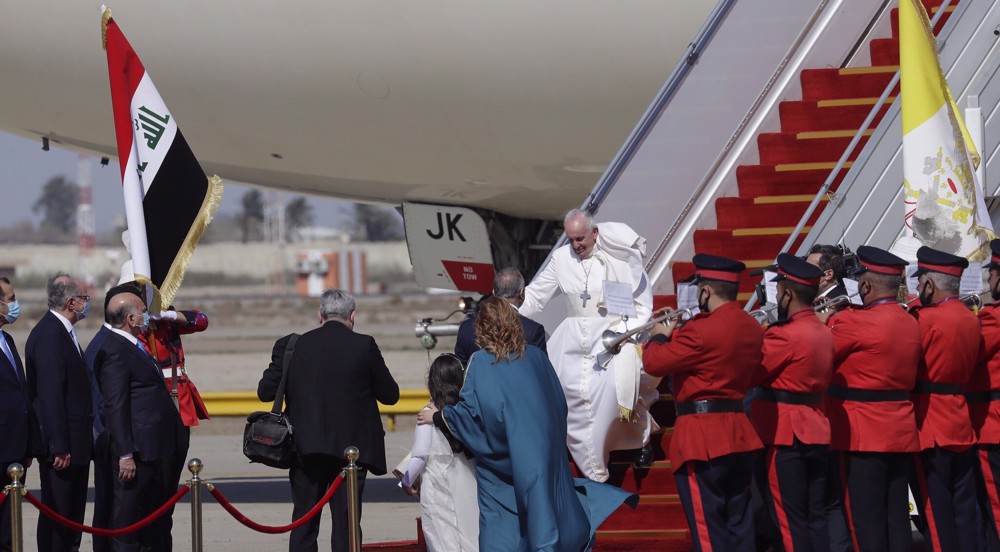
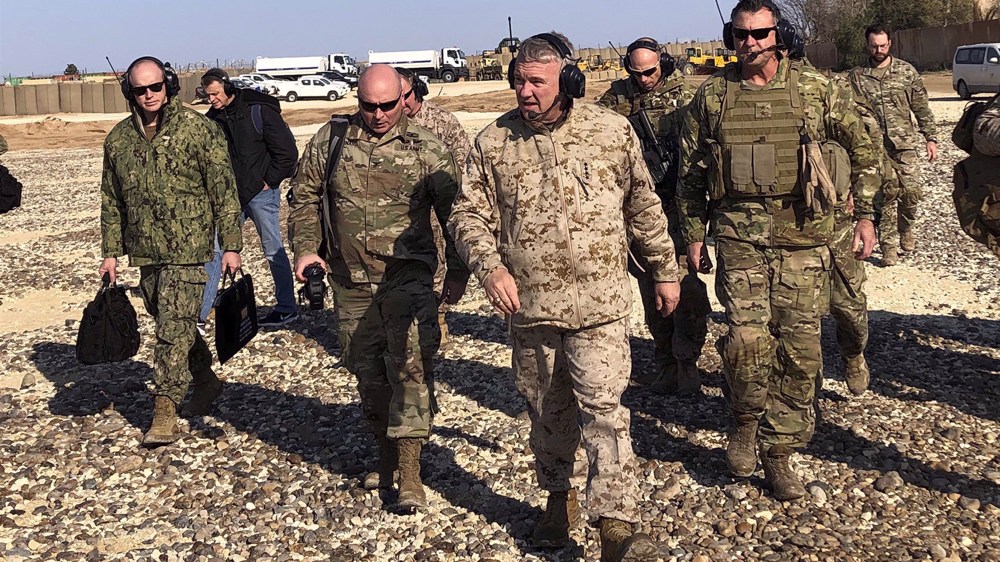
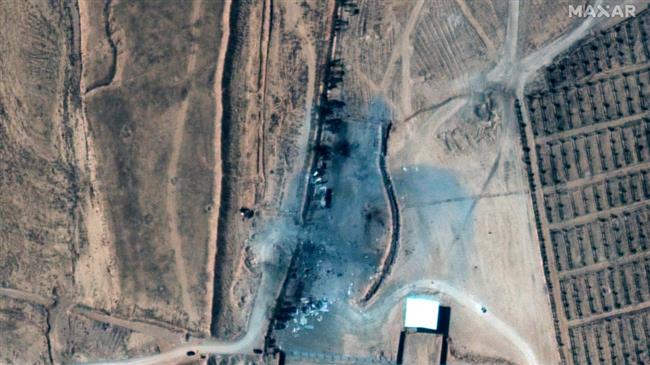
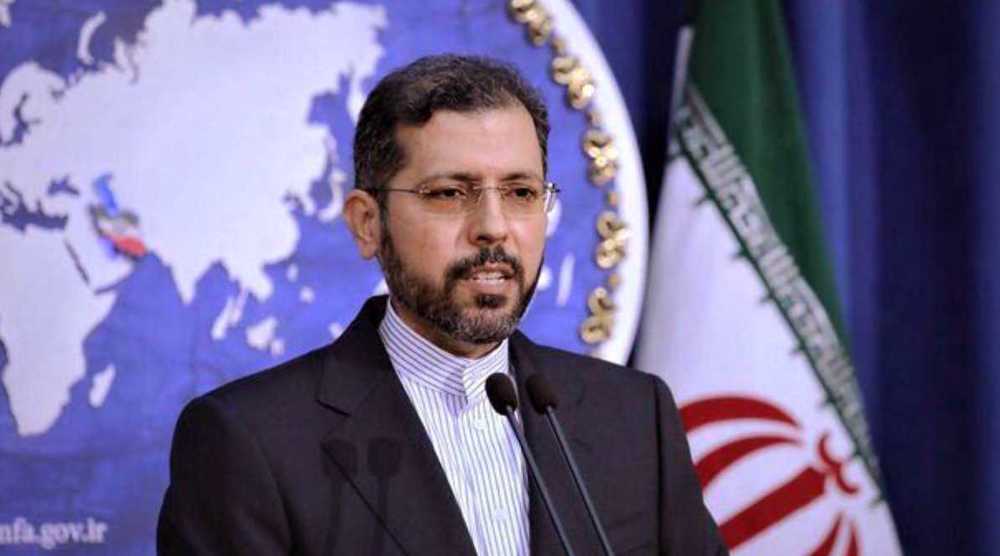

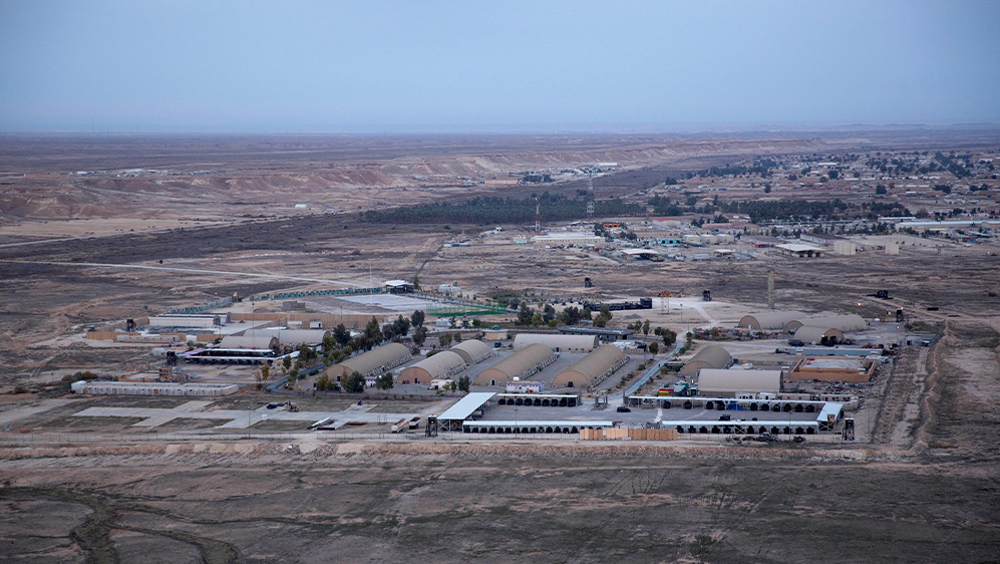
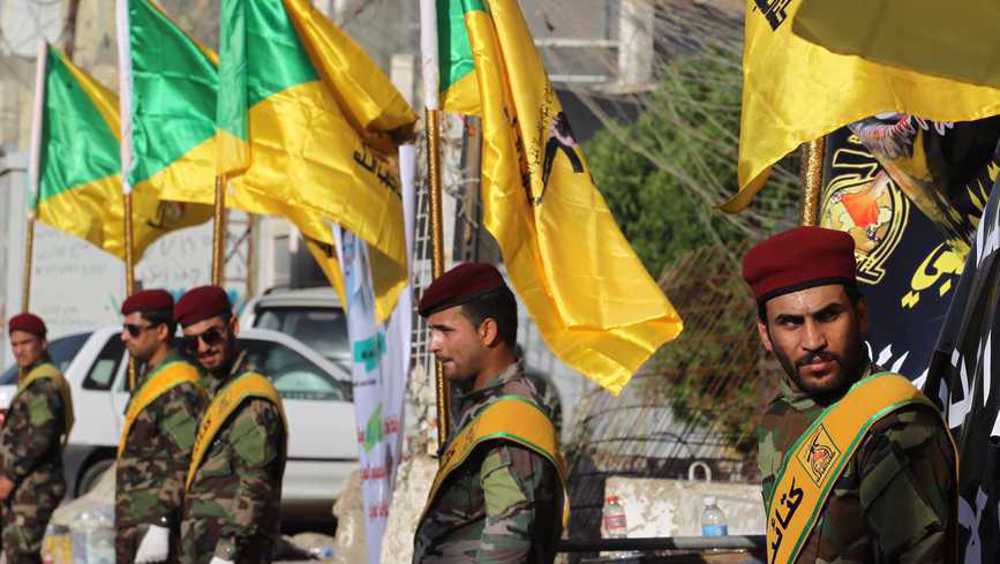


 This makes it easy to access the Press TV website
This makes it easy to access the Press TV website